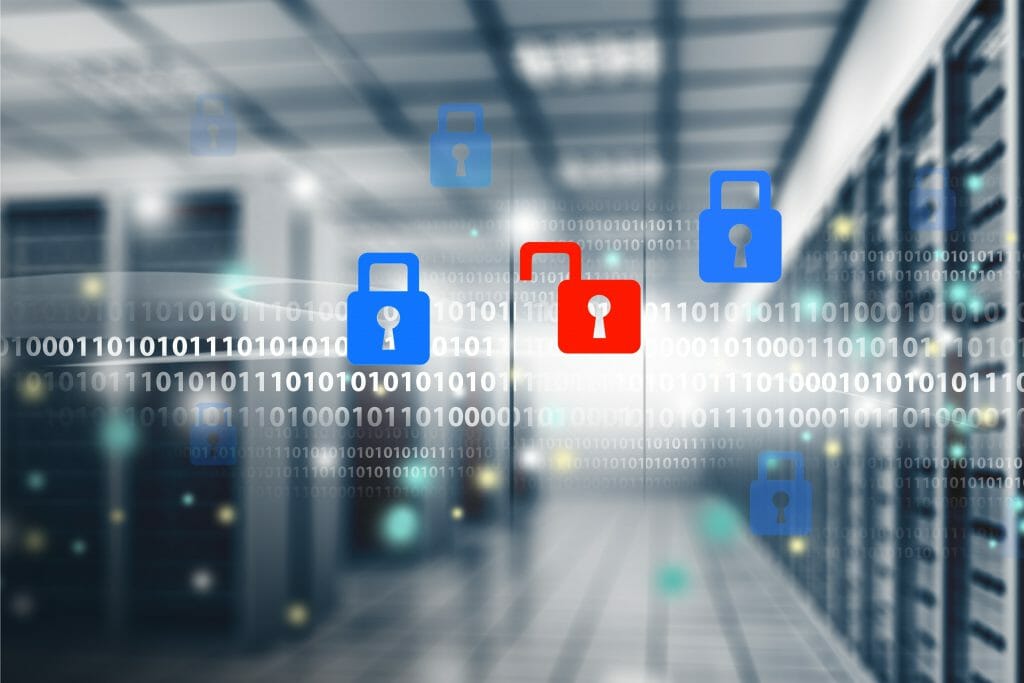Solana Fixes a Critical Network Vulnerability in Record Time
Solana developers recently fixed a critical vulnerability in the network. This demonstrates the effectiveness of their proactive approach.
This week’s blockchain security incident was handled discreetly and quickly. It involved key validators and decentralized coordination, allowing the blockchain to be secured without disrupting the market.
On X, the blockchain’s developers received information about a security vulnerability that needed to be addressed urgently, and Solana’s anonymous validator, Laine, disclosed a critical vulnerability that had been identified on the network.
The Solana development team acted swiftly, quickly, and quietly to correct the critical security threat, and in doing so, sparked a debate in the cryptocurrency community about transparency and decentralization. It demonstrated a higher level of preparedness and effective response to security threats, as the quick and quiet actions of the lead developer and validator prevented a potential disruption to the blockchain.
Solana’s Resilience and Timely Action in the Face of Threats
Laine’s publication provides an insider’s view of how the situation was handled. It highlights the importance of communication between validators and the foundation for rapid resolution. The initial alert posted on Discord and the subsequent implementation of the patch by validators, who represent more than 70% of the network, are examples of the decentralized coordination that can occur within blockchain networks.
The presence of 1,515 validators in the Solana network, with large groups such as Helius, Galaxy and Coinbase, is a reflection of the diversity and distribution of decision-making power among participants. The network’s ability to collectively respond to a critical threat without major disruption is a testament to its strength and resilience, despite concerns about centralization.
Solana’s Experience as a Case Study for Blockchain Security
This incident is also a reminder of the ongoing evolution of security practices in the cryptocurrency space. The need to maintain a balance between transparency, security and operational efficiency becomes increasingly important as blockchain networks grow and become more complex.
The coordinated effort with projects such as Anza, Jito, Jump, and Firedancer enabled a quick and effective response to the critical vulnerability reported by the community. The validator community was able to act efficiently using a strategy of discreet communication through Discord and private messaging through other platforms.
A consensus of 19% and then 67% was reached. The necessary patch was applied to secure the network. This event is a testament to the importance of collaboration and communication in crisis management within the cryptocurrency and blockchain technology communities. As Laine pointed out: “Developer response time is critical once a vulnerability is disclosed.”
Solana’s recent experience can serve as a case study for other networks, highlighting the importance of vigilance, preparedness, and adaptability in an ever-changing technological environment.
The Blockchain Decentralization Debate
In the wake of the recently patched critical vulnerability in the Solana network, there has been a heated debate about decentralization and security in blockchains. While Solana is a decentralized network, the speed and efficiency with which the situation was handled reflects exceptional coordination among validators. However, it has also reignited concerns about centralization in projects that claim to be completely decentralized.
Dave, a decentralized exchange (DEX) enthusiast, said at X that fixing this vulnerability in a discrete way was “another act of centralized control” in Solana. He also commented that the power to select and contact network validators shows how influence is concentrated in the hands of a few.
According to the developers, the maintenance of discretion and confidentiality during the patch process was a preventive measure to prevent malicious actors from exploiting the vulnerability, but according to users, this may have also “introduced additional urgent security issues at the same time”.
By Audy Castaneda
